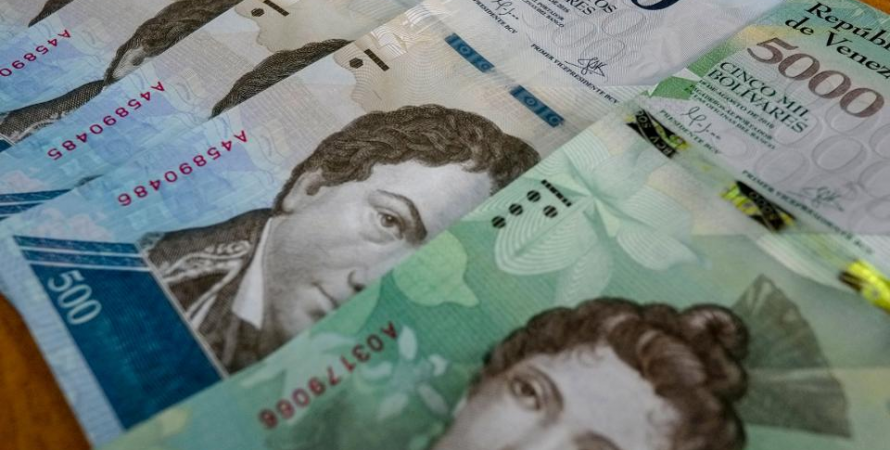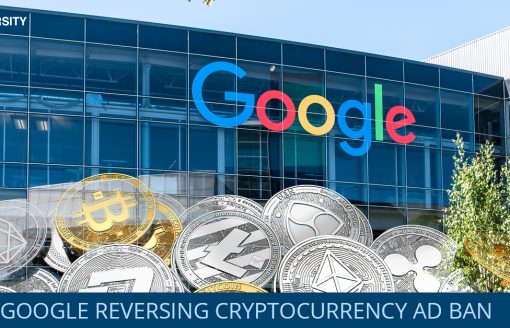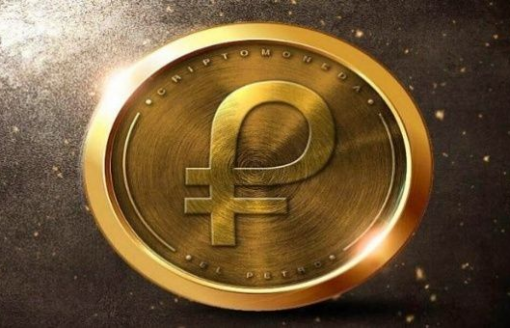A 100 bolivar note, once the highest denomination offered in Venezuela—is now worth roughly about 2 cents. It’s experiencing hyperinflation. The country is printing higher-denomination notes so citizens don’t have to bring bags and bags of cash for transactions in stores, but this doesn’t solve the issue of poverty infused due to recession.
This lowers the bar for Venezuelans seeking relief, allowing them to receive Bitcoin through their phone and use that money for desperately needed goods. Some companies in Venezuela are even exclusively accepting payment in Bitcoin, knowing that the bolivar is highly volatile and largely useless right now.
With the Venezuelan bolivar essentially worthless and supplies rapidly running out, Bitcoin is rising as an answer. Venezuelans have been quick to realize the benefits of this system, and are increasingly turning to Bitcoin as a way to escape their country’s foundering currency.
Bitcoin has become extremely popular as a digital currency that can resist inflation, theft, and many of the other pitfalls of government-issued money. It’s not tied to any nation, and so is usable all over the world without having to worry about exchange rates or conversion fees. And since it exists digitally in the security of heavily-encrypted cyberspace, it’s difficult or impossible for governments to tax, confiscate, or otherwise prevent citizens from using it.
One of the other benefits of Bitcoin is that, unlike gold or silver, you don’t have to have large reserves of cash to acquire it. Through the process of “mining,” Venezuelans can use the power of their computers to contribute to data processing operations worldwide, and in doing so earn a commission in Bitcoins. This allows anyone with a reasonably powerful computer to get in on the action, and shield themselves from the misguided actions of a central bank.
As the bolivar continues to fall, many Venezuelans are turning to Bitcoin as an alternative. One of the biggest strengths to Bitcoin, and one often ignored in developed nations such as the United States, is that you don’t need to have a physical bank account to send and receive Bitcoin. All you need is an Internet connection, which many Venezuelans have in the form of mobile phones.
Another major positive to Bitcoin for a country in disarray is that its government can’t control the value of it. Countries like Venezuela can become banana republics as their government causes rampant inflation via over-printing currency.
Unlike the bolivar, a government agency can’t just print more Bitcoin. There’s no central agency regulating Bitcoin, allowing the free market to take hold. While the value of Bitcoin can (and does) change quite often, the shifts aren’t as violent as the devaluation of bolivar.
The entire situation is a perfect illustration of why it’s a mistake to allow governments monopoly power over currency, and how decentralized alternatives make life better for people by improving their options.
According to Bitcoin brokerage Surbitcoin.com, the number of Venezuelan users skyrocketed, from 450 in August 2014 to more than 85,000 in November 2016 which shows a steep rise in the number of users of the digital currency.
With all the above benefits, Bitcoin has effectively replaced Bolivar and saved Venezuelans from the pitfall. Bitcoin as a cryptocurrency with all its features of decentralisation and transparency has rescued the nation and helped in providing a recession-proof currency to the people.






Blockchain tech in food supply chain: A lesson from KFC’s Fiasco